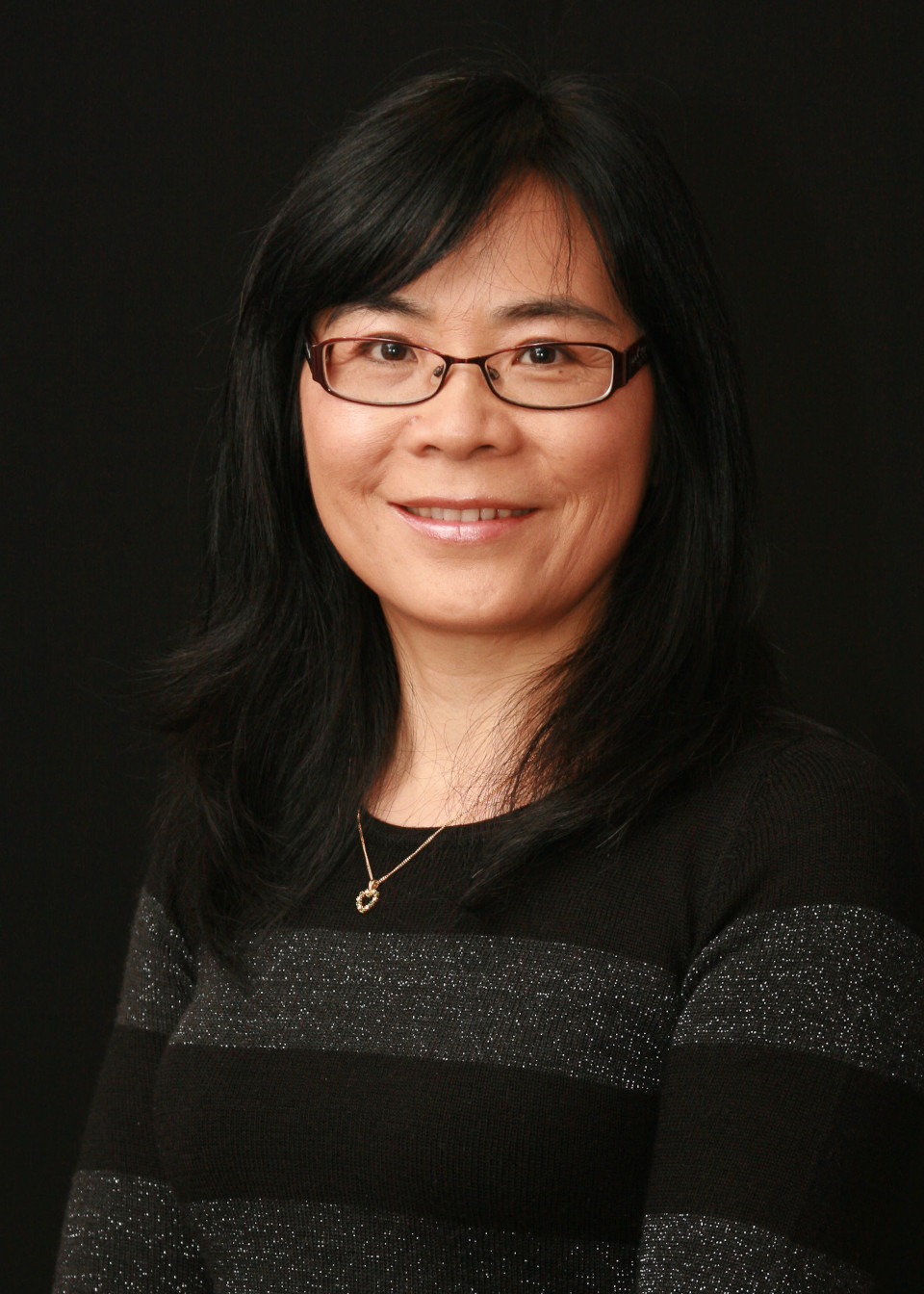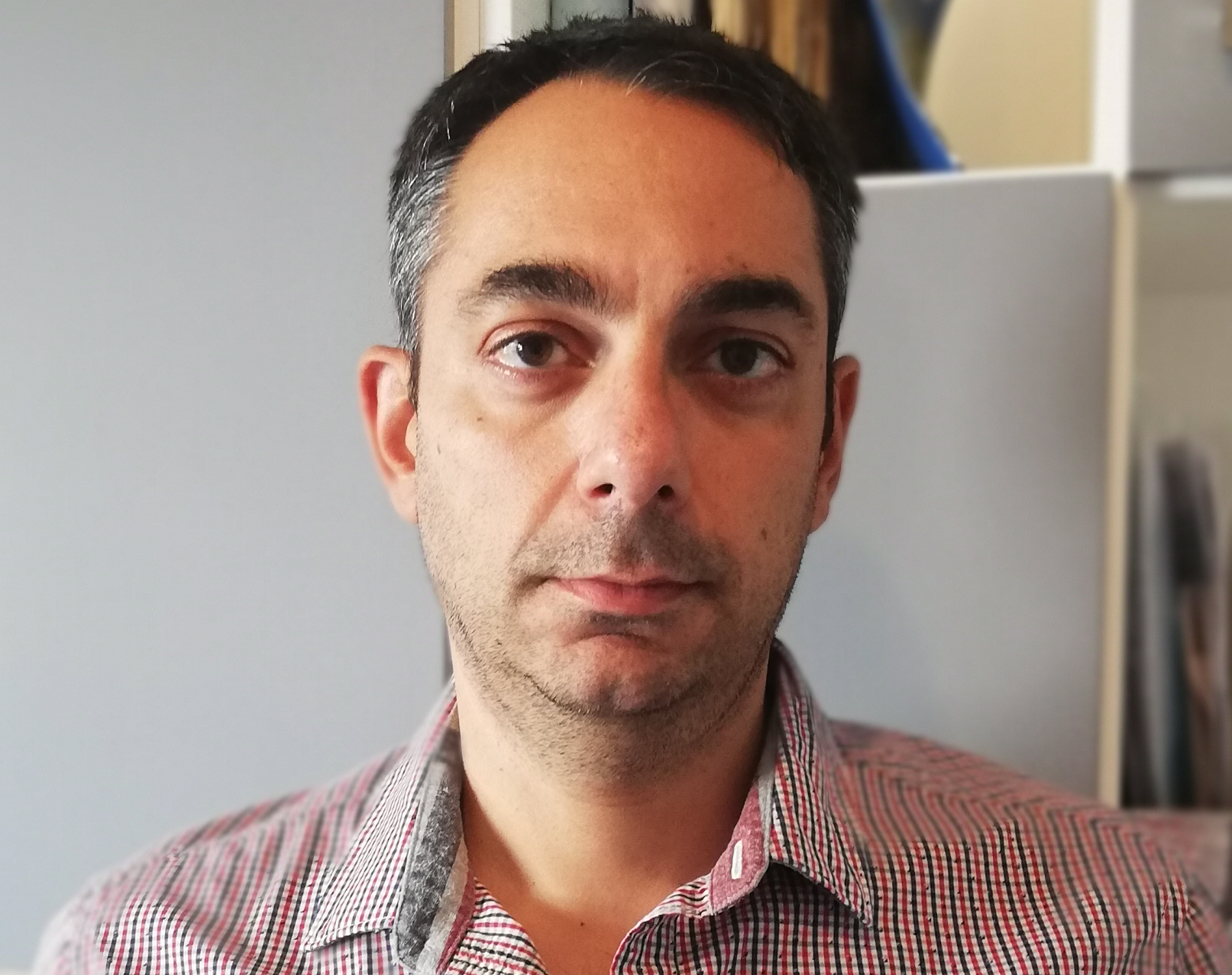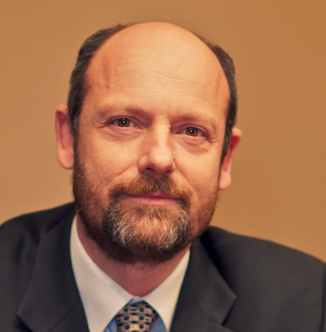Keynote Speakers
Peiying Zhu (HUAWEI)
From Localization to Integrated Sensing and Communication for 6G: Opportunities and Challenges.
Summary: Cellular networks were originally designed for wireless communication, and the rapidly increasing demand for location-based applications has drawn a considerable amount of attention to positioning research in cellular networks. With 5G, positioning has transforming from meeting regulatory requirements such as emergency services to offering commercial services. The use of higher frequency bands (from mmWave up to THz), wider bandwidth, and denser distribution of massive antenna arrays in future 6G systems will enable the integration of wireless signal sensing and communication in a single system to mutually enhance each other. On one hand, the communications system as a whole can serve as a sensor. It can explore the radio wave transmission, reflection, and scattering to sense and better understand the physical world, providing a broad range of new services. On the other hand, sensing could help improving the communication performance such as more accurate beamforming, faster beam failure recovery, and less overhead to track the channel state information (CSI). This talk will begin with an overview of 5G positioning and potential evolution in 5G advanced, followed by the discussion of envisioned ISAC use cases for 6G and the associated technical challenges. Finally some lasted progresses using THz and optical wireless communication will be presented to show the feasibilities of ISAC with different spectrum bands.

Bio: Dr. Peiying Zhu, Senior Vice President of Wireless Research, is a Huawei Fellow, IEEE Fellow and Fellow of Canadian Academy of Engineering. She is currently leading 5G and beyond wireless research and standardization in Huawei. The focus of her research is advanced radio access technologies. She is actively involved in 3GPP and IEEE 802 standards development. She has been regularly giving talks and panel discussions on 5G vision and enabling technologies. She led the team to contribute significantly to 5G technologies.
Prior to joining Huawei in 2009, Peiying was a Nortel Fellow and Director of Advanced Wireless Access Technology in the Nortel Wireless Technology Lab. She led the team and pioneered research and prototyping on MIMO-OFDM and Multi-hop relay. Many of these technologies developed by the team have been adopted into LTE standards and 4G products. Dr. Zhu has more than 200 granted patents.
Michael Gould (ESRI)
Indoor Positioning and Navigation from an Industry Perspective. (presented slides)
Summary: Indoor positioning and navigation is a rich topic for basic research but it is also rich in practical applications for ordinary people and, more importantly, for industry. Managing and optimizing interior spaces has become a necessity for the efficiency of Industry 4.0 applications, for space planning and design applications, for security applications, and for safety applications including new requirements due to the COVID-19 pandemic. This presentation will provide an overview of these applications and will show examples from the use of Esri ́s ArcGIS Indoors suite of software tools. These include improving space management, creating more productive workspaces, increased speed of service delivery, and reopening workplaces safely. Buildings are digitized in 3D which provides the cartographic framework for these applications, all of which depend on indoor positioning and some on navigation. The presentation encourages indoor positioning and navigation researchers to continue pushing the limits, and to be creative regarding possible new applications as the current industrial market is hungry for these capabilities.

Bio: Michael Gould is doctor in Geography and Geographic information Systems from the University at Buffalo, New York. At that same university he did his Masters thesis on Vehicle Navigation Systems. He worked at Esri Spain and taught GIS as visiting professor at 3 Spanish universities, then in 1997 he became professor of Information Systems at Universitat Jaume I, Castellón. At UJI he created a research line in Geographic Information, was co-founder of an Erasmus Mundus master degree on Geospatial Technologies and two Marie Curie doctoral programs on Geoinformatics and on Wearable technologies. He co-founded the Vespucci Institute on Geographic Information Science and a spinoff company, Ubik Geospatial Solutions. In 2009 he joined Esri Inc., leader in GIS software and services, as Global Education Manager which involves running a variety of capacity development projects in collaboration with more than 10,000 universities, education ministries, NGOs and other partners.
Christos Laoudias (KIOS Center of Excellence, University of Cyprus)
Digital Contact Tracing: Overview of technological solutions for the fight against pandemics. (presented slides, recording)
Summary: In late 2019, Covid-19 emerged and was soon declared a pandemic causing until now a massive health disruption and a huge impact on the global economy. Several governments around the world are still forced to take containment measures to curb the spread of the virus including partial or full lockdowns. At the same time, they rely heavily on human resources to perform manual Contact Tracing (CT) for alerting known contacts of the confirmed cases and breaking the infection chains early enough. However, CT does not scale well when the cases increase exponentially, due to the limited capacity of national public health authorities, and cannot identify possible hidden infections due to random encounters with strangers in crowded spaces such as restaurants, bars, theaters, public transportation, etc. To this end, Digital Contact Tracing (DCT) is becoming increasingly popular to enhance and empower CT, enabling automatic and faster identification and notification of exposed users. This presentation will first overview the different generations of DCT solutions from the privacy-invasive use of subscriber location data provided by cellular operators, to location monitoring mobile apps on GPS-equipped smartphones, to privacy-preserving mobile apps based on proximity sensing through Bluetooth. It will discuss the findings of recent studies with regards to the effectiveness of DCT and debate whether it has been – or has the potential to become – a game changer. Finally, it will outline the latest developments and trends in this active research field that are of interest to the IPIN community including presence tracing that aims to notify anonymously those users that have been in the same place (especially indoors) with an infected user, without necessarily satisfying the proximity constraint.

Bio: Christos Laoudias is a Research Lecturer at the KIOS Center of Excellence, University of Cyprus with long experience in localization, tracking, and navigation using wireless networks. Currently, he is leading the KIOS team in the H2020 CARAMEL project to develop localization solutions for detecting GPS location spoofing attacks in connected and autonomous vehicles. He is also the Technical Coordinator of the CovTracer-Exposure Notification Cyprus national contact tracing app for Covid-19. Before that he was leading the geolocation technology research team in Huawei Technologies Ireland Research Center working on the design of data-driven positioning solutions for cellular network planning and optimization. He holds a Diploma in Computer Engineering and Informatics (2003) and a M.Sc. in Integrated Hardware and Software Systems (2005) from the University of Patras, Greece, and a Ph.D. in Computer Engineering from the University of Cyprus (2014). He has contributed to the development of several award-winning indoor localization prototype systems, which have been released under open-source license, including Airplace and Anyplace. He is an IEEE member and serves as TPC member of the International Conference on Indoor Positioning and Indoor Navigation (IPIN).
Malcolm Bain (Across Legal)
Legal and ethical considerations on indoor positioning and navigation. (presented slides)
Summary: The massive collection of all types of new categories of data about citizens has raised significant concerns from a privacy and ethical point of view, including, in the last 10-15 years, both inside and outside geolocation data. Positioning of clients in supermarkets, crowd control and movement tracking in hotels, buildings or stations, are known use-cases. From a legal perspective in the EU, GDPR has introduced strict controls on intrusive data processing, and research projects are – and have been – required to take into account ethical considerations (over and above privacy: discrimination, bias, automated decision taking and personal autonomy, working with minors) into account in the research projects. This presentation sets out the (legal) ground rules for collecting and processing indoor position and navigation data, in both research and industrial projects. Researchers should take advantage of the research exceptions for data processing, while maintaining appropriate safeguards for personal data protection... but what are those appropriate safeguards?

Bio: Malcolm Bain is a lawyer specializing in information technology and intellectual property law, partner at Across Legal, Barcelona. Over the last 20 years, he has advised both research and industrial projects in all aspects of ICT law, including privacy and licensing issues among others. In the early 2000s he participated in “GROCER” project, one of the EU FET projects that used indoor positioning for supermarket optimization and marketing purposes, and authored “Legal Programming: Designing Legally Compliant RFID and Software Agent Architectures for Retail Processes and Beyond”, one of the first works to look in detail at privacy implications of positioning and tracking technologies. He participates regularly at GIS conferences, especially SIG Lliure and FOSS4G, presenting the legal and licensing issues.